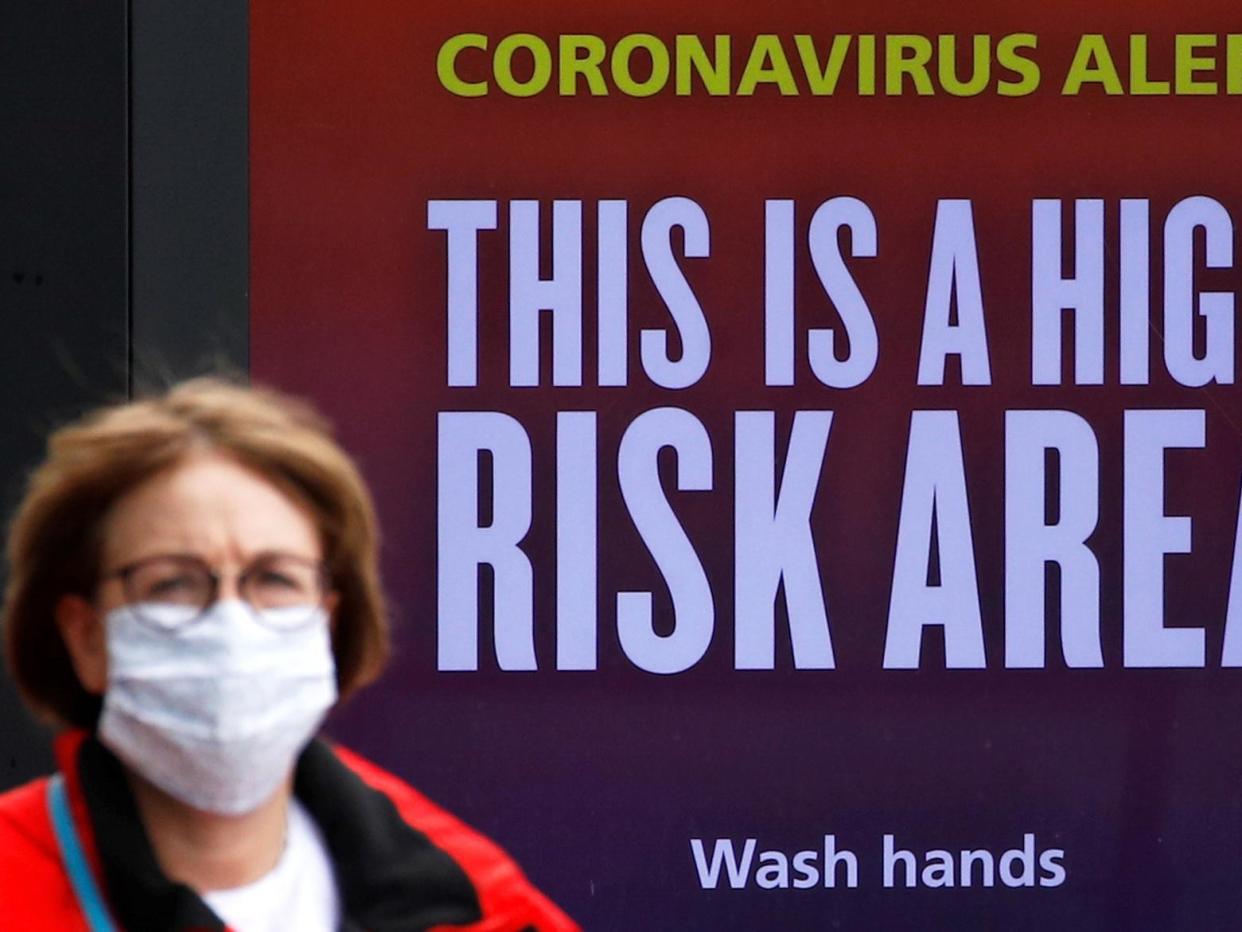Coronavirus: Face masks reduce severity of symptoms in wearer, scientists find

Face masks can prevent wearers from developing a serious case of Covid-19 by cutting the amount of virus in the body, scientists have found.
It means face coverings not only protect other people, but they also mean that if the person wearing it does become infected, their symptoms are milder, they say.
It became compulsory to wear face masks in shops in England last month, and in other public enclosed spaces at the weekend.
Monica Gandhi, an infectious disease doctor at the University of California, San Francisco, says people wearing masks will take in fewer coronavirus particles, making it easier for their immune systems to cope.
Until now, this theory has only been suspected, not proven. Researchers have estimated that about 40 percent of coronavirus infections do not produce any symptoms. But when some people wear masks, the proportion of asymptomatic cases seems to skyrocket, reportedly surpassing 90 per cent during one outbreak at a seafood plant in Oregon.
But earlier this year, researchers in China used hamsters to test the theory, The New York Times reported.
They housed coronavirus-infected and healthy animals in adjoining cages, some of which were separated by partitions made of surgical masks.
Many of the healthy hamsters behind the partitions were not infected. And those animals that did get the virus became less sick than their “maskless” neighbours.
The experts say their findings suggest masks are even more important than previously thought, as they both reduce the virual dose – the amount hitting the face – and the viral load, the amount of infection in the body.
If the immune system encounters only a tiny bit of virus, it can tackle it more easily.
A serious of previous studies have all suggested masks reduce transmission of the virus.
Dr Gandhi, whose new paper is due to be published in the Journal of General Internal Medicine, said data from cruise ships offers further evidence.
More than 80 percent of those infected aboard Japan’s Diamond Princess in February — before wearing masks had become common practice — came down with symptoms, she said.
But on another vessel that left Argentina in March, and on which all passengers were issued surgical masks after someone on board came down with a fever, the level of symptomatic cases was below 20 per cent.
Those who fall ill may be at their most contagious in the days before the first signs of sickness appear.
To tame the pandemic, people should act as if they’ve been infected, “even if you feel right as rain”, Dr Gandhi said.
Tsion Firew, an emergency doctor at Columbia University who was not involved in the work, told The New York Times that wearing masks is “not just a selfless act”.
Read more
Where to buy face masks in the UK: Reusable coverings to shop now
What are the UK lockdown rules now?
How to ease yourself back into socialising once lockdown lifts


